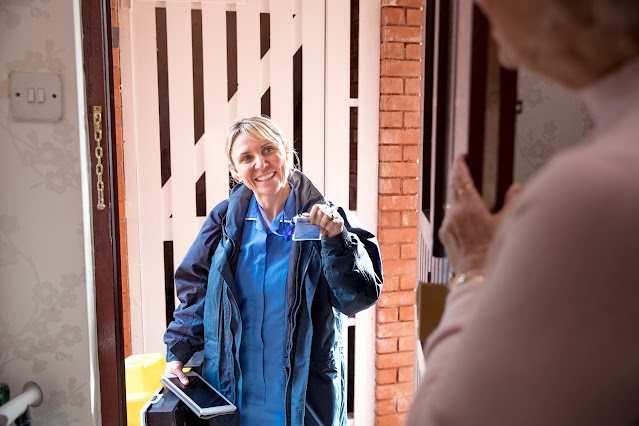Top 10 Home Care Software Solutions in 2025

What is the best home care software for agencies this year? In the evolving world of home care, agencies need software that not only meets today’s operational demands but is also ready for tomorrow’s challenges. From scheduling and billing to caregiver communication and compliance, the right software can make or break your agency’s efficiency and growth. In this 2025 guide, we rank the top 10 home care software solutions based on usability, features, support, and value. Whether you’re a non-medical personal care provider or a full-service agency, this list will help guide your selection. 1. Alora Home Care Software – Best Overall Home Care Software Why Alora is #1: Alora stands out as the most comprehensive and user-friendly solution for both skilled and non-skilled home care providers. Its all-in-one platform is purpose-built for agencies of all sizes and service types, covering everything from caregiver scheduling and EVV to billing and clinical documentation. ...



